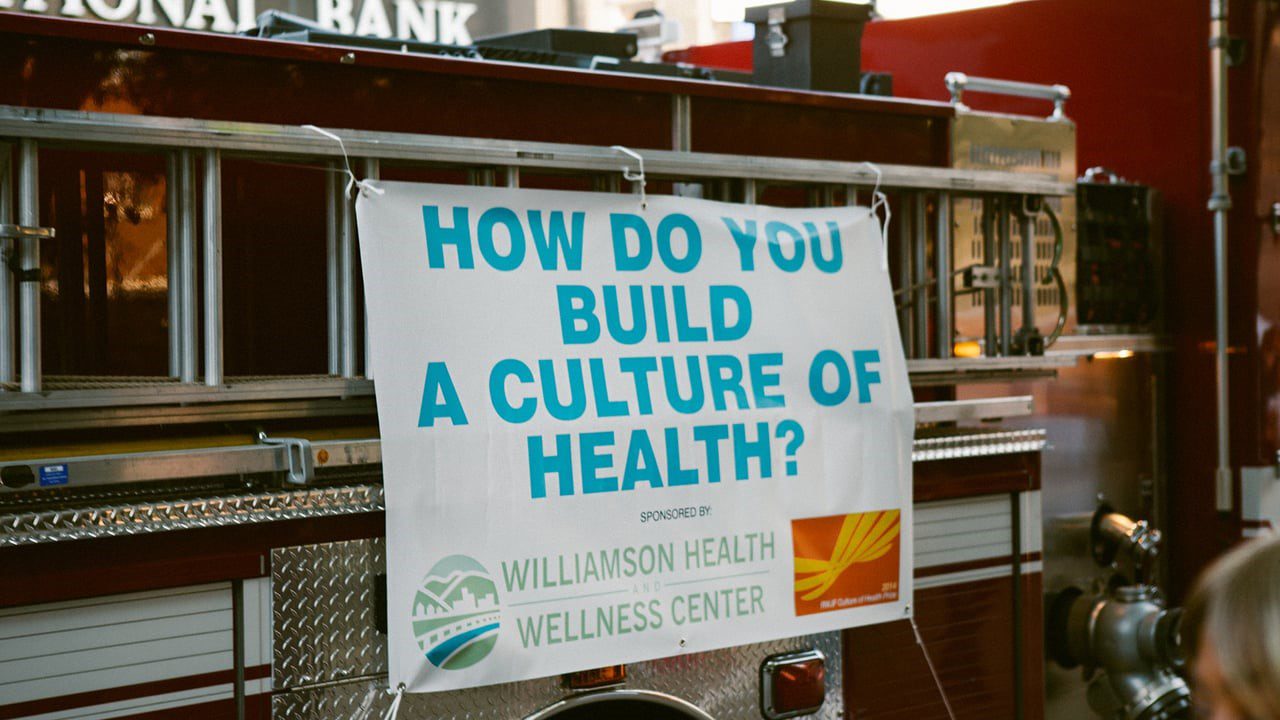By Todd Post, Bread for the World Institute
People argue bitterly over the causes of hunger in the United States. Of course it is important to understand the causes of hunger—for one thing, they offer insight into how to end it—but I worry that differences of opinion on the causes of hunger have caused us to lose sight of its effects. One of the most harmful effects of all is the damage hunger does to human health.
The 2016 Hunger Report, The Nourishing Effect: Ending Hunger, Improving Health, Reducing Inequality, reminds us of how costly the collection of health problems related to hunger is—costly both to individuals and to society. On November 23, Bread for the World Institute will release the 2016 Hunger Report and it will become available at www.hungerreport.org.
The health effects of hunger are more obvious in developing countries, particularly in humanitarian emergencies such as famine and natural disasters. We all understand that when people don’t have any food at all, they will die of starvation. Death from starvation is an extreme example of the “effect” of hunger on health. But even the bland term food insecurity leads to poor health outcomes.
One in three chronically ill adults in the United States has to choose between paying for food or medicine. Either choice is damaging to their health. The medicine may not work without food. Who isn’t familiar with the instruction on many prescription medications to ‘Take with Food’?
Being food insecure means that you struggle to get enough to eat. To avoid being hungry, you compromise on the quality of food you buy. Think about people who suffer from diabetes. To manage their condition, they have to keep their blood sugar levels within a certain range. But being able to do this depends not only on how much food, but what kinds of foods, they have available. In addition to diabetes, many other health conditions impose dietary restrictions.
Early childhood, especially the “1,000 Days” window between pregnancy and age 2, is the most crucial time in human development. Medical research has shown us how critical it is to get good nutrition during this period of life. Nutritional quality before age 2 affects a range of outcomes in later childhood, adolescence, and adulthood — from how much medical care a child will need, to how well she’ll do in school, to how productive she’ll be as a worker, and ultimately how much she will be able to contribute to her own children’s well-being.
The United States has a population-wide health problem. We spend roughly $3 trillion per year on health care, or 18 percent of GDP—twice as much on average as other high-income countries. But for all this spending on health care, our population is less healthy than those of peer countries. Why? One of the main reasons is that we as a nation tolerate much higher levels of hunger and poverty than people in other rich countries.
A couple of years ago I was in Mingo County, West Virginia, one of the poorest and least healthy counties in the state. I was there for field research on the 2014 Hunger Report, Ending Hunger in America. The 2014 report called for setting a national goal to end hunger. I thought it would be interesting to visit an area of the country that had been a focus of the War on Poverty some 50 years before: Central Appalachia. I wanted to know what local people thought about the War on Poverty, and more importantly, how they’d react to a proposal that the nation set a goal to end hunger. To put it frankly, I didn’t hear a lot of support for such a goal. People told me that if I wanted a message that a lot of people would rally around, a better choice would be “let’s get healthy together.”
I left there thinking about the messaging on ending hunger, and I haven’t stopped thinking about it since. In the United States, there is so much stigma associated with poverty and hunger. I often think that overcoming stigma is the biggest issue of all. This gets back to the point I was making about all the arguing over the causes of hunger. If you are hungry, the associated stigma says that you failed in some way. You caused your own problems. Sometimes poor health carries some stigma, but not to nearly the same extent as hunger.
One reason the United States has essentially made no progress at all against hunger and food insecurity in recent years is that the views as to what causes it are so entrenched. What if people had to set aside their differences about causes and shift their attention to effects? The 2016 Hunger Report challenges us all to think differently about hunger by focusing more on the effects and less on the causes. We are not ignoring the causes – for example, poor health makes people more vulnerable to food insecurity and hunger by limiting their ability to earn income. Then they end up in the position of having to choose between medicine and food. But the effects demand responses, regardless of their causes.
Todd Post is senior researcher, writer, and editor at Bread for the World Institute.



